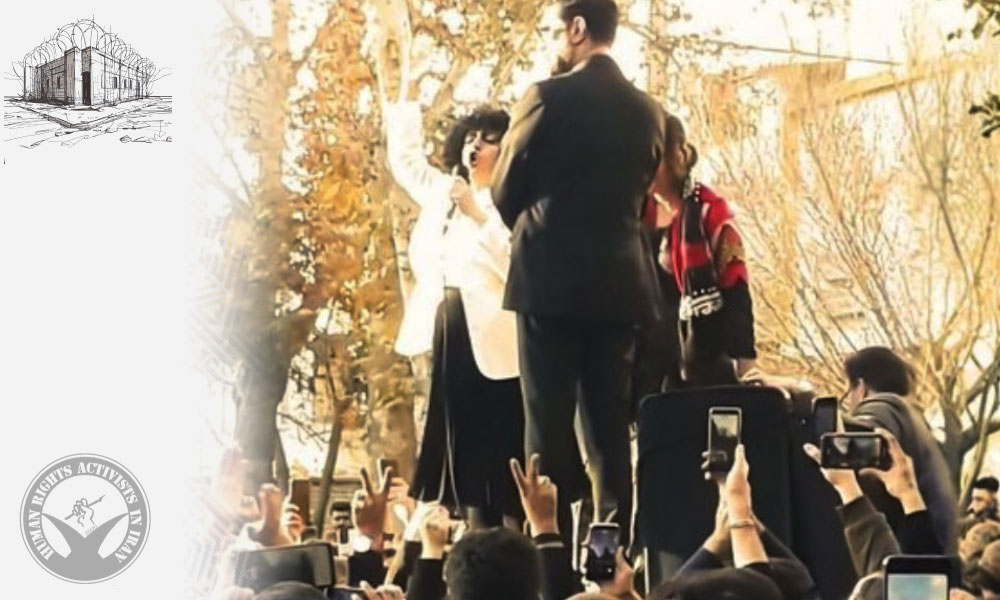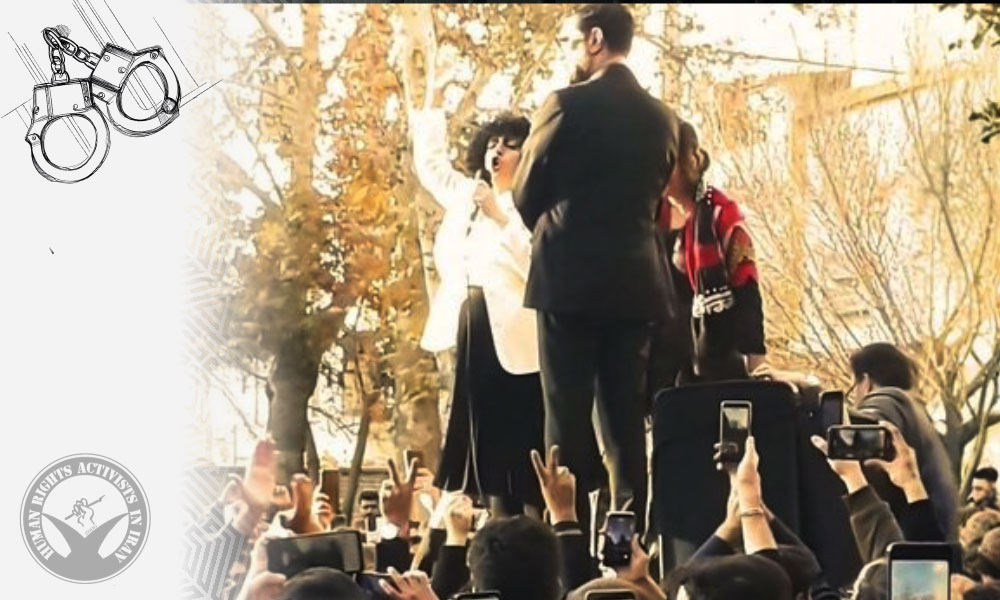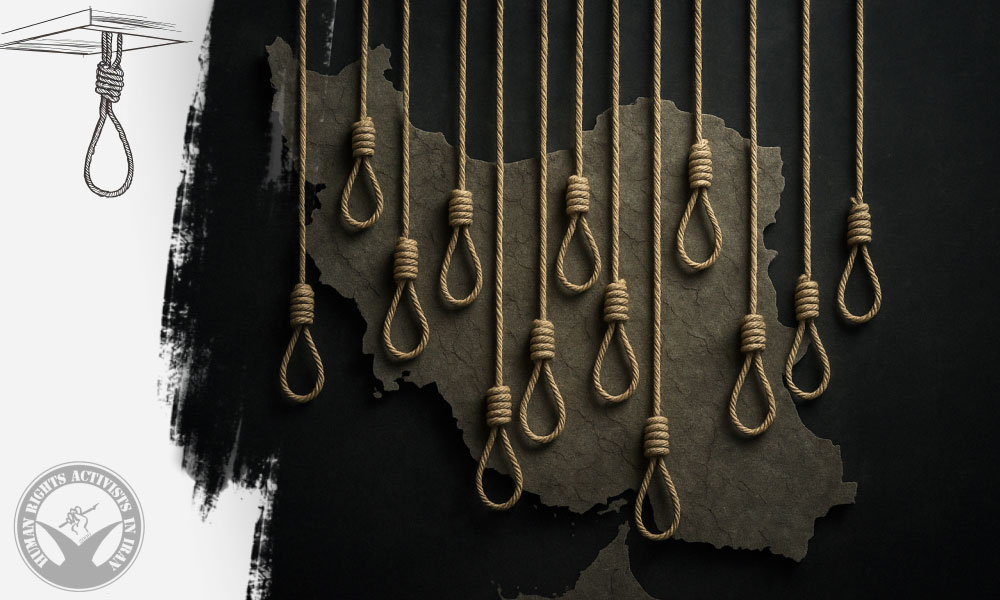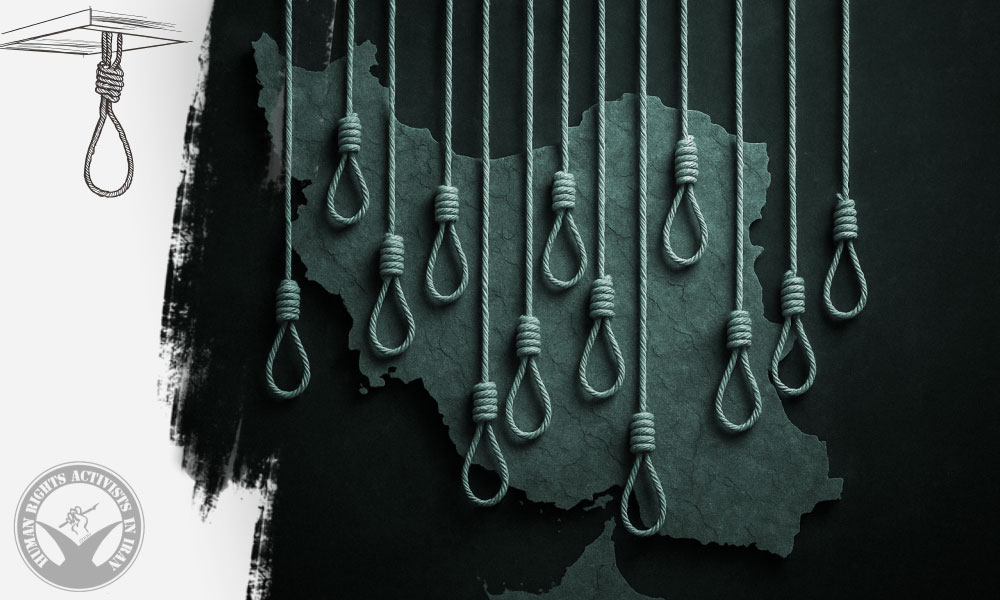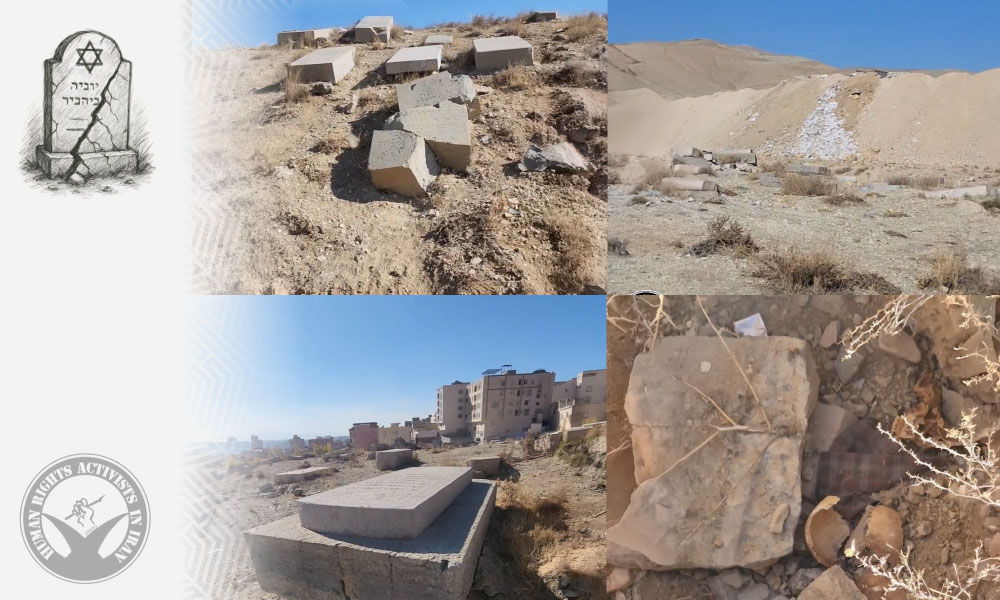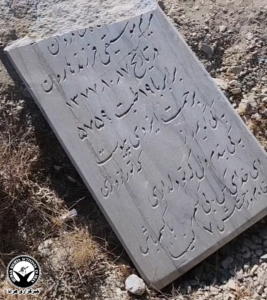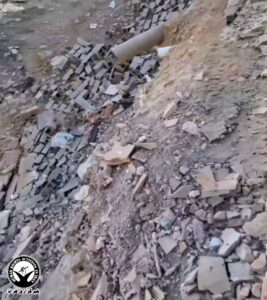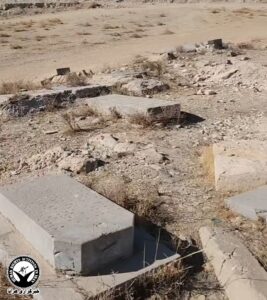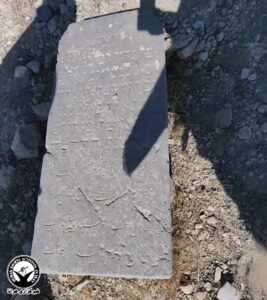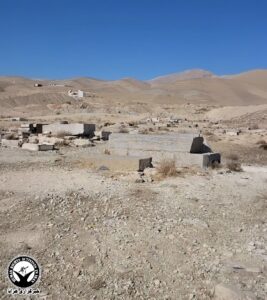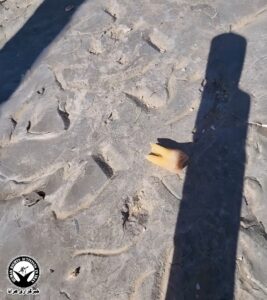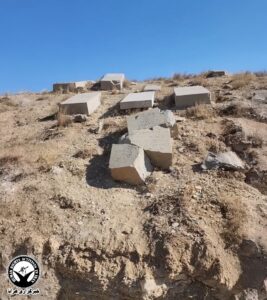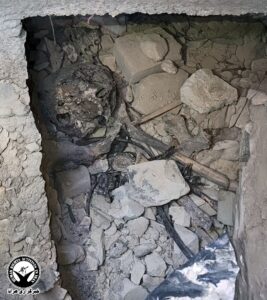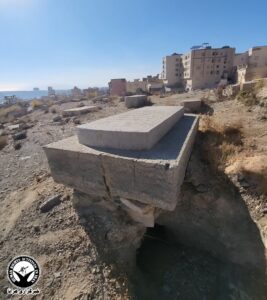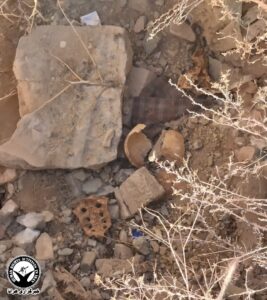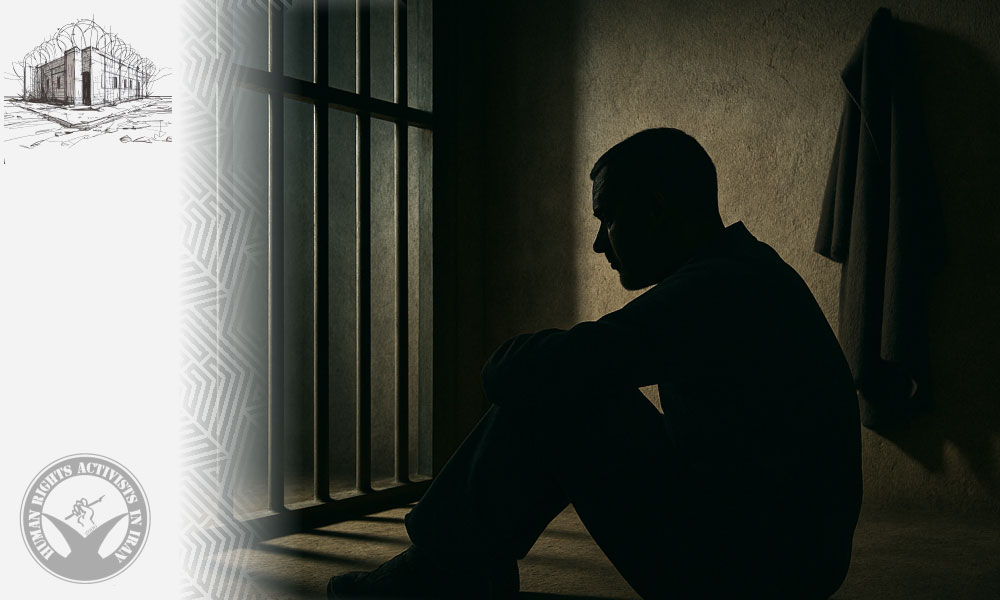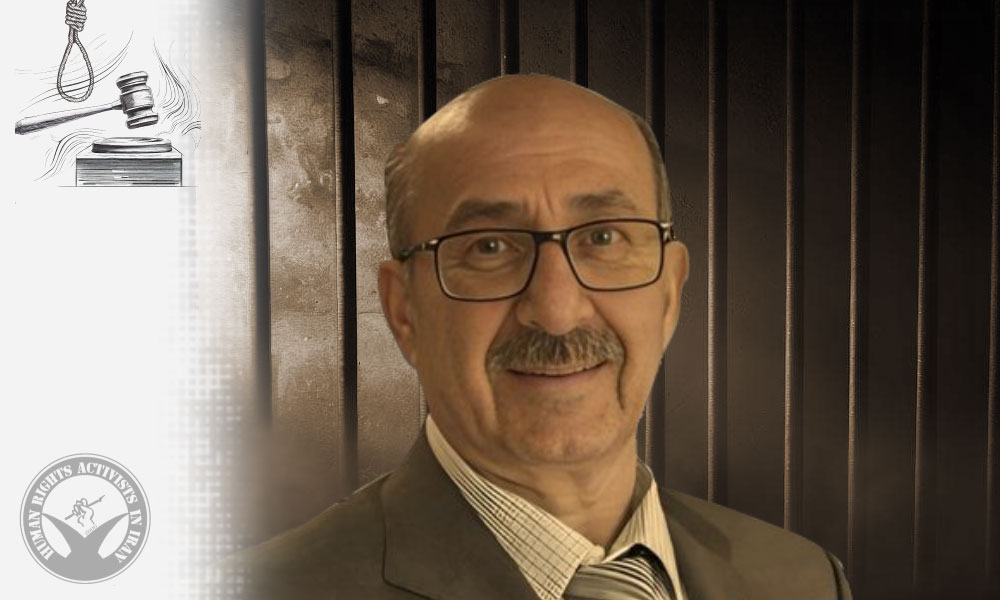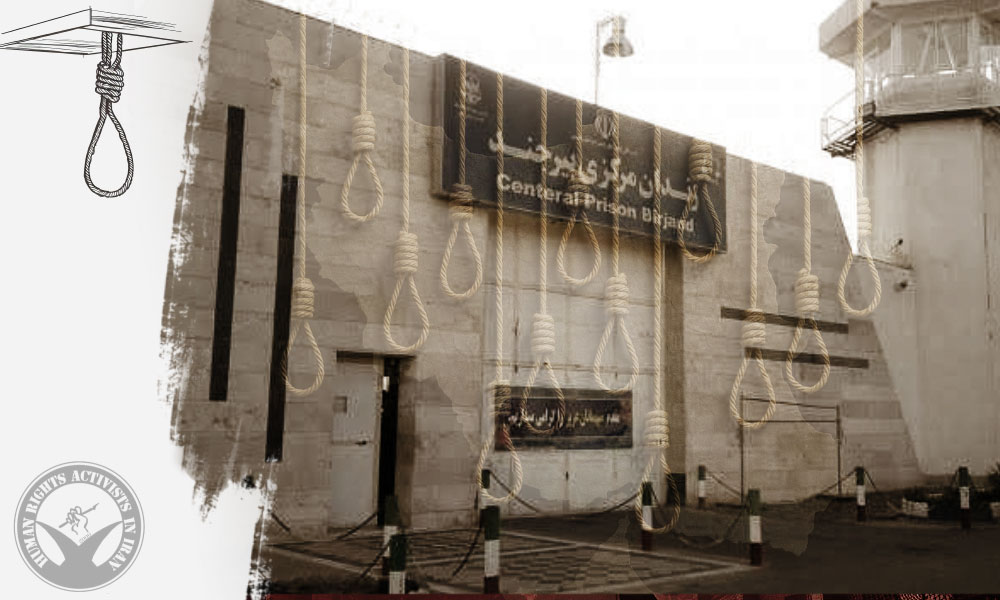HRANA – On Friday, December 12, 2025, during the seventh-day memorial ceremony for Khosrow Alikordi, a lawyer, held in Mashhad, a number of citizens were arrested. The identities of at least 22 additional detainees have been confirmed. Some of these individuals were transferred to Vakilabad Prison in Mashhad, while others were taken to Soroush Detention Center in Mashhad. A number of them have also been released on bail.
In addition to Narges Mohammadi, Sepideh Gholian, Pouran Nazemi, Hasti Amiri, Abolfazl Abri, Alieh Motalebzadeh, Nora Haghi (Vahideh Haghparast), Ali Adinehzadeh, Hassan Bagherinia, Javad Alikordi, and Hamed Hosseini, the identities of at least 22 other citizens and civil activists have been established, these individuals were arrested on Friday, December 12, 2025:
Tayebeh Nazari, Heydar Chah Chamandi, Mohammad Hassan Sadeghian, Yaser Dehestani, Amin Vosoughi-Nia, Milad Fattah, Mohammadreza Babaei, Davoud Alikordi, Ahmad Alikordi, Iraj Alikordi, Kamran Alikordi, Mojtaba Alikordi, Behrouz Alikordi, Javad Jalali, Mahmoud Khanali, Hamed Rasoulkhani, Mehdi Rasoulkhani, Amir Khavari, Pouria Najarzadeh, Mohammad Hossein Hosseini, Hamed Zareh, and Mohammad Hossein Boroumand Sharifi.
According to informed sources who spoke with HRANA, some of those arrested were transferred to Vakilabad Prison in Mashhad, while others were taken to Soroush Detention Center, which operates under the supervision of the Public Security Police (FARAJA). Among the detainees, Mohammad Hossein Hosseini, Behrouz Alikordi, Iraj Alikordi, and Mojtaba Alikordi were released after posting bail. Additionally, the mobile phones of some individuals were confiscated by security agents.
Based on information received by HRANA, the judicial cases of some of these individuals have been referred to Branch 902 and Branch 901 of the Investigative Unit of the Mashhad Public and Revolutionary Prosecutor’s Office. They are facing charges including “propaganda against the state,” “disturbing public opinion,” and “assembly and collusion with the intent to disrupt national security.”
According to reports published by the families of some of the detainees, including Narges Mohammadi and Sepideh Gholian, several of those arrested have so far had no telephone contact with their families and have been denied access to legal counsel, a situation that has heightened concerns among their families and relatives.
On Friday, December 12, 2025, the seventh-day memorial ceremony for Khosrow Alikordi was held at Ghadir Mosque in Mashhad with a large public turnout. The ceremony was accompanied by the chanting of protest slogans by participants. Eventually, following the intervention of law enforcement forces, the gathering turned violent. During these events, dozens of participants—including Narges Mohammadi, Sepideh Gholian, Pouran Nazemi, Hasti Amiri, Abolfazl Abri, Alieh Matalebzadeh, Nora Haghi (Vahideh Hagparast), Ali Adinehzadeh, Hassan Bagherinia, Javad Alikordi, and Hamed Hosseini—were arrested by security forces.
On Saturday, the Mashhad Public and Revolutionary Prosecutor announced the arrest of 39 individuals during the memorial ceremony for Khosrow Alikordi in the city. According to him, these individuals were detained due to what he described as “norm-breaking actions and behavior.” He also claimed that two law enforcement officers were injured during the ceremony.
Khosrow Alikordi, a lawyer and human rights defender from Sabzevar and a resident of Mashhad, passed away on the evening of Friday, December 5, 2025. His funeral was held on Sunday, December 7, 2025, in Sabzevar and was accompanied by protest chants such as “Woman, Life, Freedom” and “Long Live Iran.” Following this, a large number of lawyers across the country issued a statement, a copy of which was obtained by HRANA, expressing condolences to Alikordi’s family and emphasizing the need for a precise, technical, and expert review of the circumstances surrounding his death, while calling for all relevant documentation and information to be made available to his family as soon as possible.
Regarding Soroush Detention Center, it should be noted that this facility, located in eastern Mashhad, operates under the management of the Public Security Police of FARAJA. Since the nationwide protests of 2017 and 2019, and especially after 2022, it has become one of the main centers for interrogating and holding political and security detainees. Initially used to detain suspects accused of ordinary crimes such as drug trafficking, arms trading, and alcohol-related offenses, the center has in recent years evolved into a dual-purpose facility due to the detention of protesters and political dissidents.



